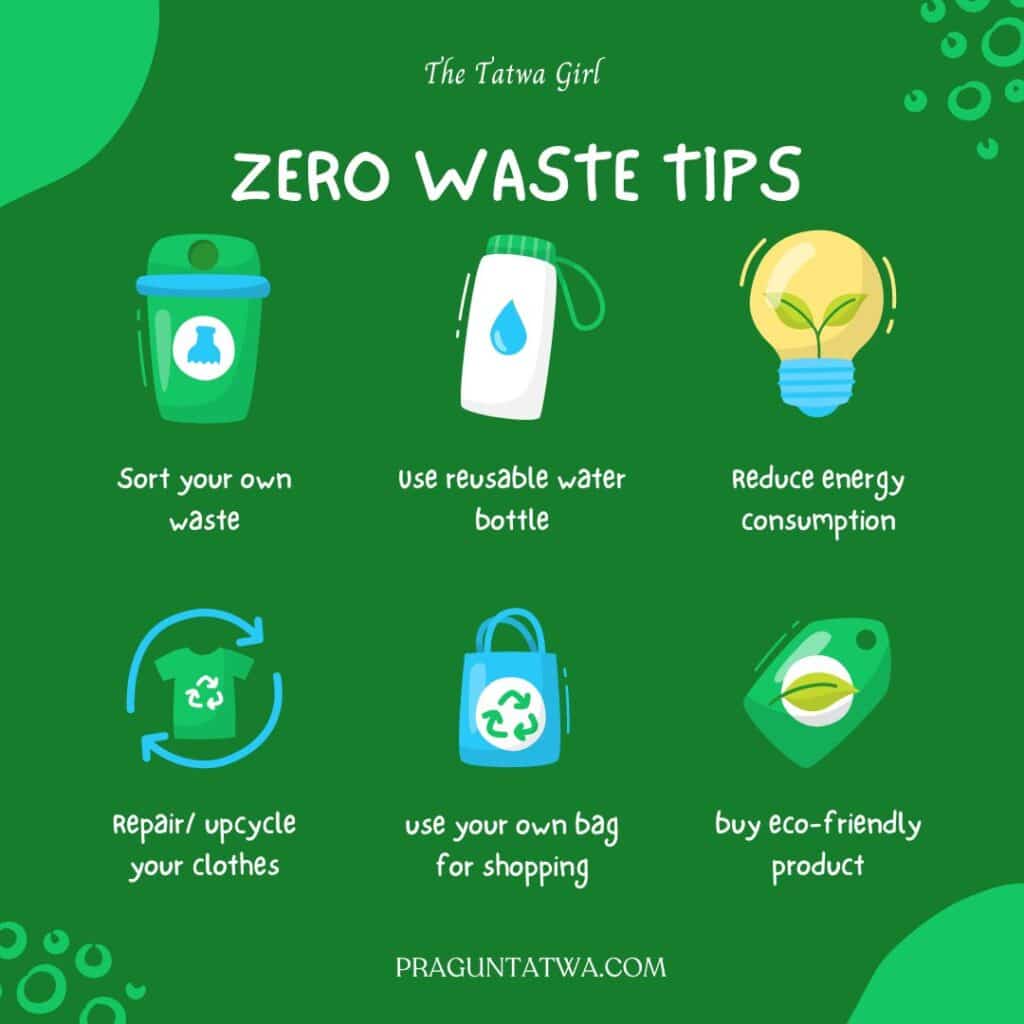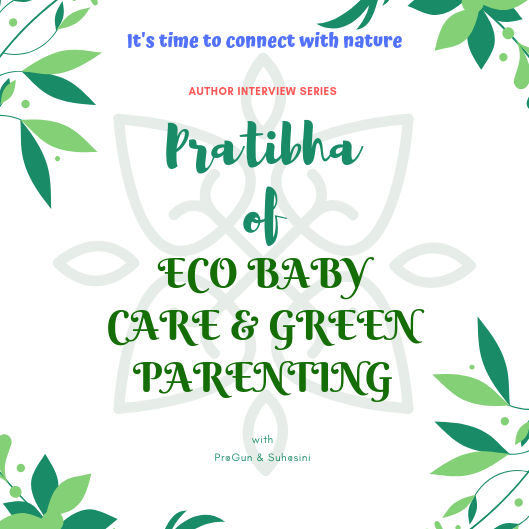Zero waste Lifestyle

Zero waste is a philosophy and lifestyle that aims to minimize the amount of waste sent to landfills or incinerators by reducing, reusing, recycling, and composting materials. The goal of zero waste is to redesign systems and processes to eliminate waste generation at its source, rather than simply managing or disposing of waste after it’s created.
International Day of Zero Waste
The United Nations General Assembly on 14 December 2022 formally recognized the importance of zero-waste initiatives and proclaimed 30 March as the International Day of Zero Waste, to be observed annually beginning in 2023 jointly facilitated by UNEP and UN-Habitat, aims to raise awareness of the importance of zero waste and responsible consumption and production practices, and urban waste management contributing to achieving sustainable development.
The idea behind zero waste is to minimize waste generation, conserve natural resources, and reduce the impact of waste on the environment. This day serves as a reminder of the importance of reducing waste and promoting sustainable consumption practices globally. It encourages individuals, communities, businesses, and governments to minimize waste generation, recycle and reuse materials, and adopt eco-friendly habits to protect the environment and conserve resources for future generations. The day also raises awareness about the impact of waste on the planet and encourages actions to combat waste pollution and promote a circular economy. The day is an opportunity to encourage individuals, communities, and organizations to take action toward reducing waste. This can include actions such as recycling, composting, using reusable bags and containers, reducing food waste, and supporting businesses that prioritize sustainability.
The concept of zero waste aims to minimize the amount of waste generated and sent to landfills or incinerators by redesigning products, processes, and systems. Many organizations, communities, and individuals celebrate Zero Waste Week, as a period to focus on reducing waste and increasing recycling and composting efforts. Many communities and organizations may choose to host their own events or initiatives to promote zero waste and sustainability. This includes activities such as beach cleanups, tree plantings, educational workshops, or sustainability-themed art exhibitions.
Key principles of zero waste include:
- Prevention: Preventing waste generation is the primary focus of zero waste. This involves reducing the consumption of resources, using products and packaging designed for durability and reuse, and avoiding single-use items whenever possible.
- Reuse: Reusing items extends their lifespan and reduces the need for new products. This can include repairing items, repurposing them for different uses, or donating them for others to use.
- Recycling: Recycling involves converting materials into new products to prevent them from being disposed of in landfills or incinerators. While recycling is a key component of zero waste, it’s important to prioritize reducing and reusing materials before recycling them.
- Composting: Composting organic waste, such as food scraps and yard trimmings, breaks down materials into nutrient-rich soil amendments. Composting diverts organic waste from landfills and reduces greenhouse gas emissions associated with decomposition.
- Responsible Consumption: Practicing responsible consumption involves making informed choices about the products we buy, considering factors such as durability, recyclability, and environmental impact. Choosing products with minimal packaging and opting for reusable alternatives can help reduce waste.
- Extended Producer Responsibility: The concept of extended producer responsibility holds manufacturers accountable for the entire lifecycle of their products, including their disposal. Encouraging producers to design products with end-of-life considerations in mind can help minimize waste generation.
Zero waste is not about achieving absolute zero waste but rather about striving to reduce waste as much as possible and shifting toward a more circular economy where resources are used efficiently and waste is minimized. It requires a holistic approach that involves individuals, businesses, governments, and communities working together to rethink consumption patterns, design sustainable products and systems, and promote environmental stewardship.

Zero Waste Lifestyle
A zero-waste lifestyle is a sustainable lifestyle that prioritizes reducing waste generation, conserving natural resources, and minimizing the impact of waste on the environment. The goal is to live in a way that produces no waste or as little waste as possible, by adopting practices such as:
- Refusing single-use items: This means avoiding disposable items such as plastic bags, straws, and water bottles, and instead opting for reusable alternatives like cloth bags, metal straws, and refillable water bottles.
- Recycling and composting: Properly sorting and disposing of waste is important to reduce the amount of waste that ends up in landfills. Recycling and composting can help turn waste into new resources, such as compost for gardening.
- Buying in bulk: Purchasing items in bulk reduces packaging waste and can also save money.
- Repairing and repurposing: Instead of throwing things away, try to repair or repurpose items to extend their useful life.
- Choosing sustainable products: Choose products that are made from sustainable materials and are produced in a way that minimizes environmental impact.
Adopting a zero-waste lifestyle requires commitment and effort, but even small changes can make a difference. By reducing waste and conserving resources, we can help create a more sustainable future for our planet. By promoting a zero-waste lifestyle, we can help create a more sustainable future for our planet and ensure that future generations have access to a healthy and thriving environment. Regardless of the specific event or initiative, the goal of zero waste and sustainability efforts is to promote responsible consumption and reduce waste generation to help create a healthier and more sustainable planet for all.
From My Green Bag
Read similar posts on sustainable and eco-friendly living and a conscious lifestyle. To sum up, This is my conscious lifestyle post to spread more awareness about sustainable living. Join me for more such ways and tips and become part of my Conscious and sustainable living journey. Keep visiting my blog to make yourself eco-friendly, aware of conscious and sustainable choices, be more concerned for our environment, and alter your lifestyle.
To add on, read and listen to my Green Talks series and check out interviews with Eco-conscious people who are trying their bit towards conscious and sustainable living practices. There is so much to learn and explore from all of them I have interacted, do listen and drop in your views in the comments. Check here to learn more about all the Eco-Friendly dates.
Being Eco-Friendly is not a choice, make it a habit.
Without a doubt, sustainability is easier than you think. You don’t have to jump in by changing everything, start small to make the changes more eco-friendly, sustainable and a part of your daily life.








Recent Comments